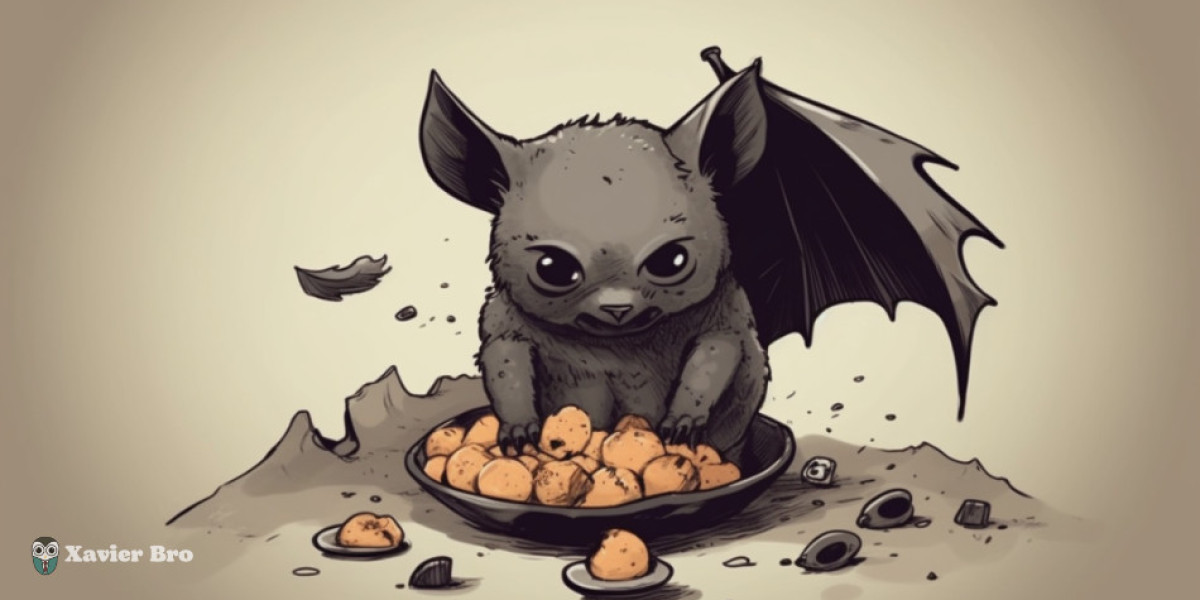Bats are fascinating creatures that have unusual eating habits compared to many mammals. Their high metabolism means they often need to eat frequently to maintain the energy required for flying and other activities. However, bats have adapted techniques like hibernation and migration that allow them to go extended periods without food. This article will explore how long a bat can live without food under different conditions over their annual life cycle.
What Bats Eat
With over 1,300 species globally, bats have diverse diets. Most subsist primarily on fruits, insects, small vertebrates, or blood. When prey is abundant, some bats may feed multiple times per night. During lean seasons, they must endure longer stints of fasting.
Hibernation and Migration
Many bats in temperate areas migrate or hibernate when seasons change and food gets scarce. These behaviors let bats live for a long time without eating by using less energy.
Hibernating bats enter a profound sleep that slows their heartbeat to only five beats per minute! Before hibernating, they eat a lot to build up fat to keep their bodies working through the winter. Female bats build more fat since they often have baby bats to feed when they wake up. With enough fat stored, bats can sleep through winter for up to 4 months without food.
Migrating bats also eat a lot but must balance carrying extra weight with keeping up with their group during travel. Some migrating bats can keep eating if they find a lot of insects along their route. For example, vast groups of up to 250,000 Brazilian free-tailed bats may eat over 660 pounds of insects every night while migrating.
How Long Can A Bat Live Without Food?
Under normal conditions, most bat species must eat daily due to their rapid metabolism. Going longer than 24 hours without food significantly impacts their strength and health. However, through hibernation and migration behaviors, bats can endure food deprivation for extended periods by lowering energy needs or supplementing with heavy feeding.
Bats entering hibernation can lower metabolism levels so profoundly that their stored fat sustains them without eating for as many as four months. The longest recorded hibernation fast for bats is six months – however, remaining inactive that long may prevent mating and increase vulnerability to predators.
Migratory bats face a balancing act of eating enough before migration to fuel their journey yet not carrying so much extra weight that it hampers their flight. Some species have adapted by timing migrations to seasons with abundant insects and coordinating feeding in massive swarms. As long as fat reserves last, migratory bats may go days or weeks without food until the next large feeding opportunity.
What Happens When Bats Can't Find Food?
When bats struggle to find food outside of hibernation and migration, they quickly become weak and hungry. Because bats burn energy so fast, missing even one day of eating normally causes them to lose strength. If lack of food lasts longer, bats use the limited fat they store when not preparing for hibernation or migration.
As these reserves disappear, bats become emaciated and experience detrimental health effects like slowed pup growth, delayed egg fertilization in females, and increased risk of illness. Extreme hunger may eventually prove fatal if bats cannot consume food again soon.
Supplemental feeding through the placement of insect-rich habitats or food stations can provide relief. However, such measures require proper permits and handling guidelines to avoid further disturbing the bats.
Conclusion
In conclusion, bats need to eat very often because of their fast metabolism. During regular times, they can only go about one day without eating before getting weak. However, some bats in cold areas hibernate through the winter. Their unique hibernation ability lets them sleep profoundly and live for up to six months without food.
Bats have developed unique adaptations like hibernation and migration flights to survive a long time without eating, depending on the season and conditions. This shows how long a bat can live without food varies greatly.








